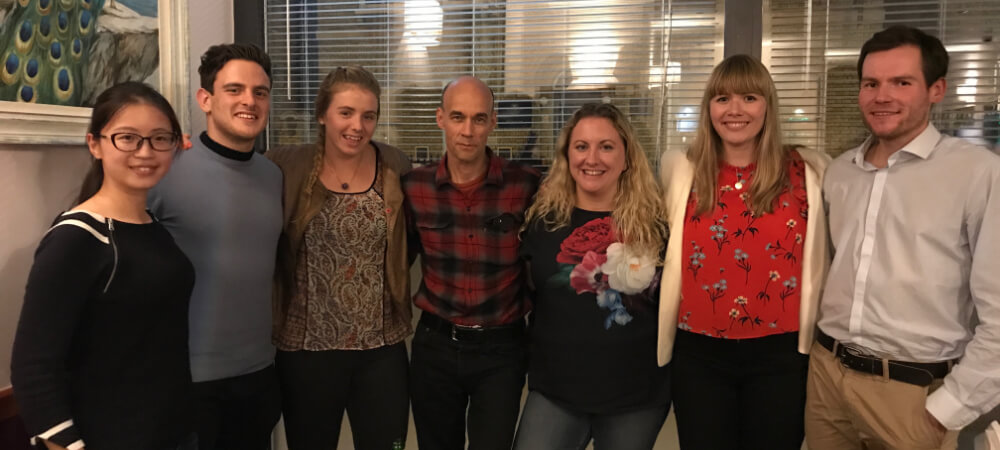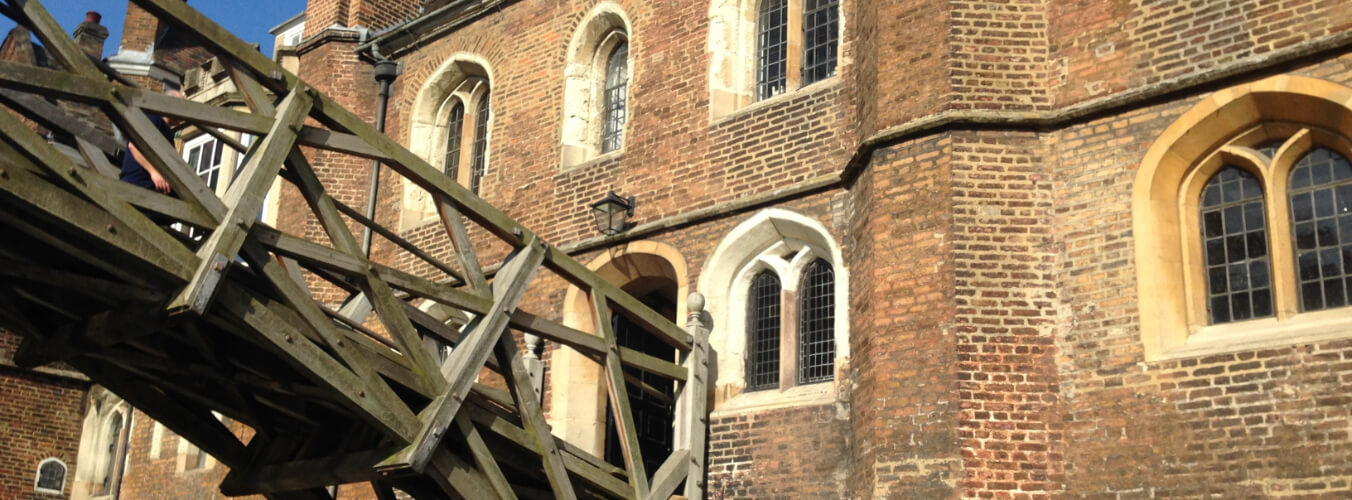- Welcome
- Testimonials
- Course Aims & Learning Outcomes
- MPhil Overview
- MPhil Programme Structure
- MPhil Coursework and Evaluation
- Sample Research Training Modules
- Sample Projects
- Practical advice
- Application
- Contact us
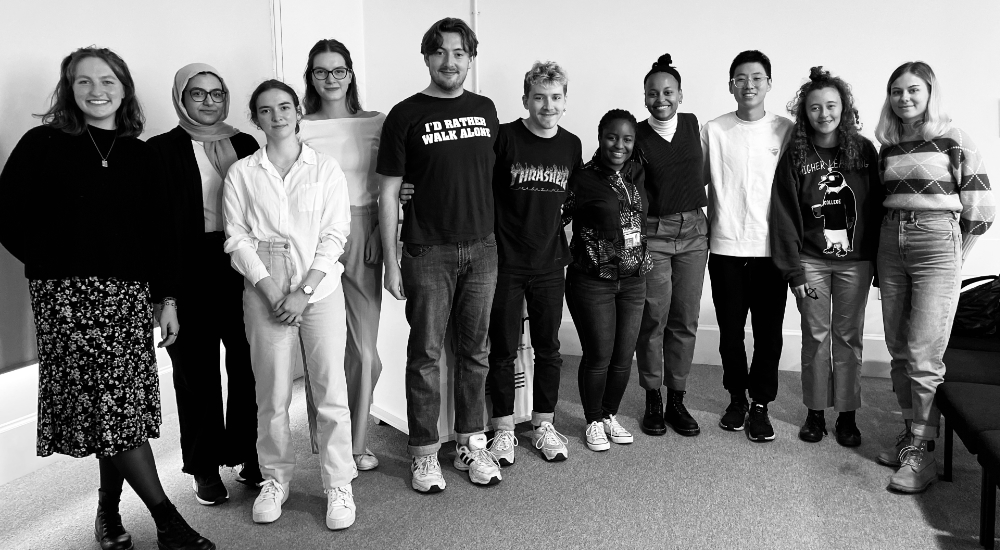
| Name | Alice White |
| College | Homerton College |
| Year of Graduation | PhD in Clinical Neuroscience, Graduated 2021 |
| Department | Clinical Neurosciences |
I started my time at Cambridge in the first cohort of the MPhil in Basic and Translational Neuroscience. We were a small group and therefore had the chance to sit in on lectures and labs across the 30+ Cambridge Neuroscience Institutes and Departments. When I applied for my PhD, I felt comfortable to approach different PIs to understand how my PhD might look. I joined CamBRAIN, the Cambridge Neuroscience society for ECRs and learned more about the diverse projects happening across Cambridge Neuroscience. At CamBRAIN events I met strangers who ended up becoming friends and helped me to solve problems in my PhD. I later joined the CamBRAIN committee to help host these events and served as its President in 2018-20. My time in the Cambridge Neuroscience community led me to a busy and diverse PhD; it included work with patients, developing new software, running a clinical drug study, and building an app – without a doubt I made the most of my time in Cambridge!

| Name | Tess Smith |
| College | Pembroke College |
| Year of Graduation | PhD in Medical Science, Graduated 2023 |
| Department | MRC Cognition and Brain Sciences Unit |
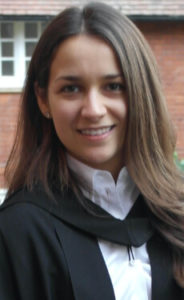
Prior to beginning my PhD, I was fortunate enough to take part in the Cambridge Neuroscience MPhil in Basic and Translational Neuroscience programme. When I first applied to the programme, I was motivated to further my knowledge by working alongside experts in the field of neuroscience, and in an environment known for its academic rigour. I was elated when I realised this meant that I would also be welcomed into the Cambridge Neuroscience community. From the initial welcome event to subsequent conferences and journal clubs, being a member of the community has afforded me countless opportunities to engage with the wider neuroscience community. The interdisciplinary nature of the Cambridge Neuroscience MPhil programme also meant that I was able to carry out my MPhil project with the Department of Clinical Neurosciences, which afforded me further collaboration with the MRC Laboratory of Molecular Biology and the European Bioinformatics Institute.
The sense of community that Cambridge Neuroscience fosters has further allowed me to collaborate with like-minded academics who share similar extracurricular endeavours. Even during the more distanced Covid times, I have been given numerous opportunities to integrate my interests with those from other departments, such as through volunteering with the Psychiatry Summer Camp programme and working with the Higher Education+ programme, both initiatives concerned with increasing access to higher education and academic careers for underrepresented students.
During my studies at the University of Cambridge, the welcoming, helpful, and collaborative nature of the community has led to an incredibly personally and academically rewarding experience.
Previous Cohorts
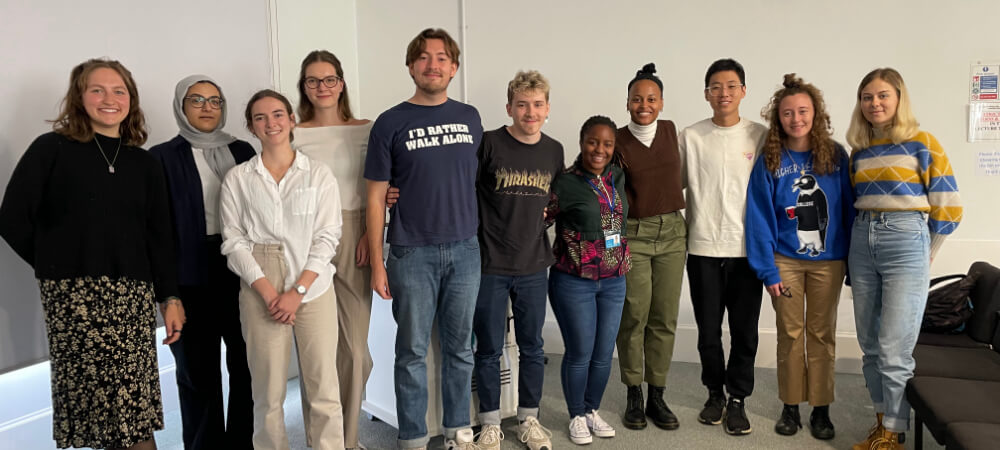
Class of 2023
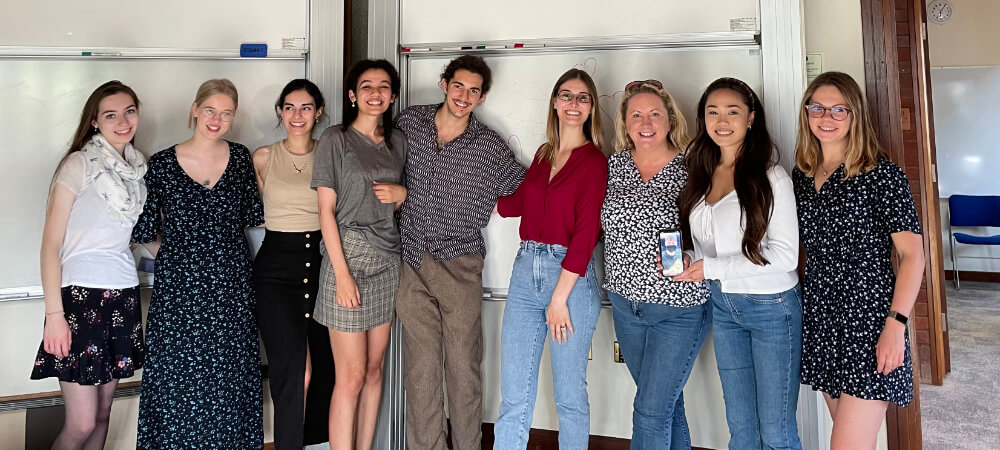
Class of 2022
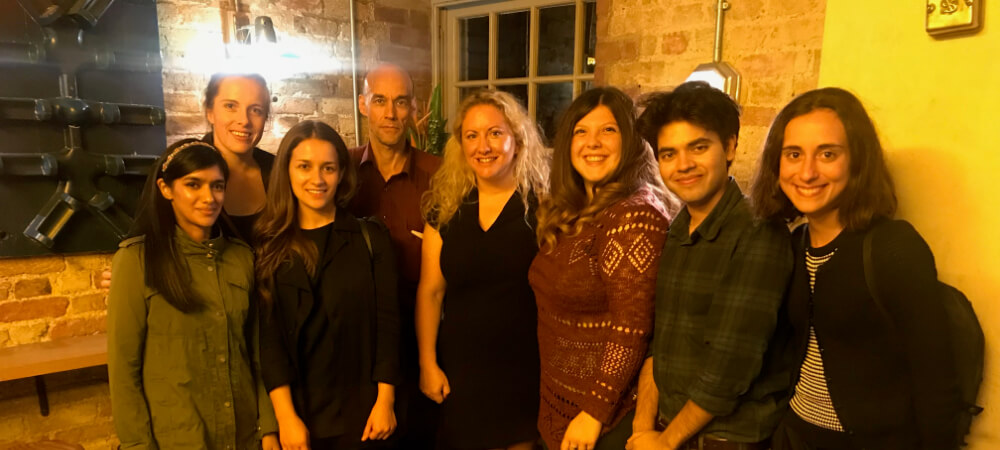
Class of 2018
